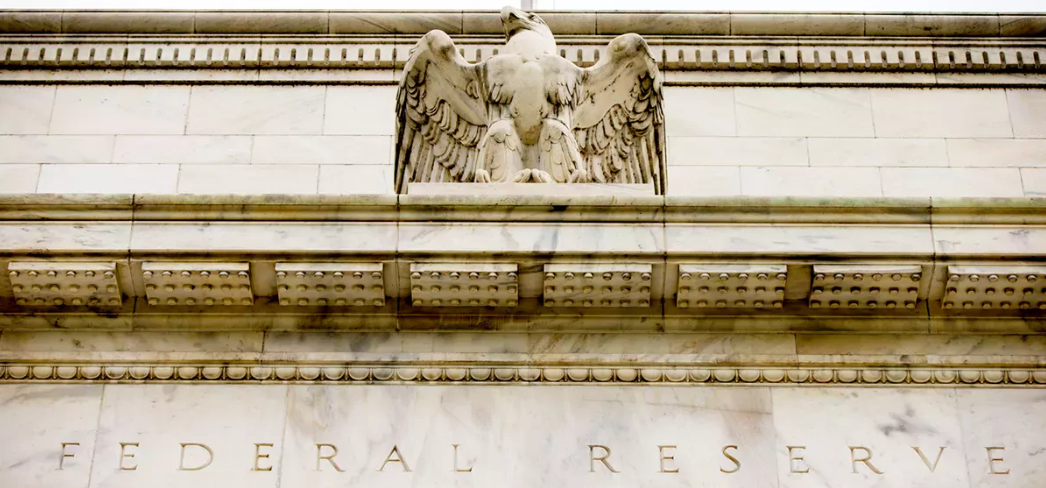
François Christen
Chief Economist
Impatient central banks are exposing themselves to the increasingly obvious risk of overdose.
Original article published in French on agefi.com

The past week has seen a significant downturn in bond yields, particularly in Europe, where signs of a cooling economy are multiplying. The 10-year German Bund yield fell to around 2.3% following the publication of indicators pointing to a contraction in manufacturing activity in the eurozone. The drop in the PMI for the secondary sector from 44.8 in May to 43.5 in June leaves little room for doubt. Still above the 50 threshold that demarcates expansion and contraction, the PMI for services dropped 1.7 points to 52.4 in June. In Germany, the sharp decline in the IFO business climate index (88.4 in June, after 91.7 in May) also reflects a deterioration in economic prospects.
Although business surveys of this kind are more a subjective assessment than a precise measure of activity, the persistent decline in the PMIs is likely to herald a contraction in eurozone GDP after the slight erosion seen in Q4 2022 and Q1 2023. These worrying symptoms should prompt the ECB to proceed with caution, despite the inertia of inflation.
In the UK, the Bank of England acted swiftly to raise its key interest rate by half a percent, from 4.5% to 5%. The decision was taken by a large majority of 7 to 2 members of the committee in favor of the status quo. The Monetary Policy Committee is concerned about the “second round” effects highlighted by recent price and wage statistics. The increase in short-term interest rates under the influence of the central bank has not prevented a marked fall in the yield on the 10-year Gilt to around 4.25%. As in the USA and Europe, the increasingly pronounced inversion of the yield curve reflects a high risk of recession.
In Switzerland, the SNB hiked its interest rate on deposits by a quarter of a percent to 1.75%. Thomas Jordan and his colleagues do not rule out a further increase to ensure price stability. However, the central bank’s revised inflation projections are compatible with a halt to the monetary tightening cycle. The SNB’s warnings are likely to be aimed at preserving the strength of the Swiss franc, while the ECB and Federal Reserve are maintaining their restrictive stance.
In the USA, dollar yields remained more or less stable. Economic news was mixed. The upturn in the NAHB index, building permits and housing starts seems to augur a stabilization of the real estate market. The decline in the Conference Board’s composite leading indicator still points to the risk of recession, which could materialize towards the end of the year. As in Europe, the PMIs highlight a mismatch between a sluggish manufacturing sector (46.3 in June after 48.4 in May ) and ongoing expansion in services (54.1 after 54.9).
Unsurprisingly, Jerome Powell gave a speech to congressmen reaffirming the Fed’s determination to curb inflation. The central banker hinted at a further rise in interest rates between now and the end of the year.










